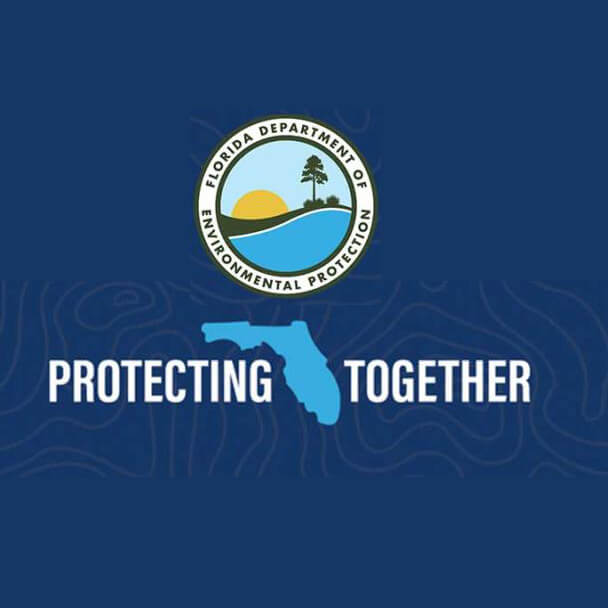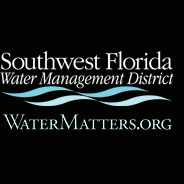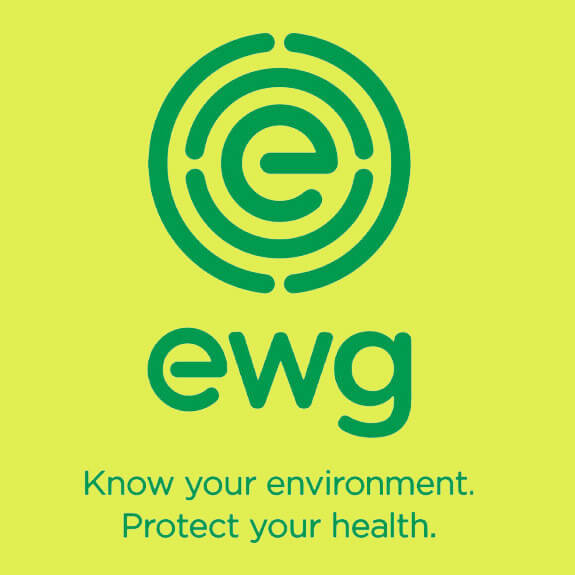Beneath the Surface: Navigating Well Water Contamination in Florida
Introduction
Florida, with its intricate network of aquifers and reliance on well water, faces a pressing concern - well water contamination. This article provides a factual exploration of the issues surrounding well water contamination in Florida, shedding light on the causes, consequences, and potential solutions for this critical problem.
The Scope of Well Water Contamination
Well water contamination in Florida is a multifaceted issue encompassing various contaminants. Key concerns include:
- Bacterial Contamination: Well water may be prone to bacterial contamination, including coliform and E. coli, leading to potential health risks upon consumption.
- Chemical Contaminants: Agricultural runoff, industrial discharges, and urban activities contribute to the infiltration of pesticides, fertilizers, and chemicals, impacting the quality of well water.
- Hard Water: Elevated mineral levels, particularly calcium and magnesium, result in hard water, causing scaling in plumbing and appliances.
- Sedimentation: Accumulation of sediment in wells can cloud water clarity and affect the performance of well components.
Understanding the Causes
Several factors contribute to well water contamination in Florida:
- Geological Factors: Florida's porous limestone geology allows contaminants to easily infiltrate the groundwater, making the state susceptible to pollution.
- Agricultural Practices: Intensive agricultural activities introduce fertilizers, pesticides, and other chemicals into the soil, which may seep into groundwater.
- Urbanization: Rapid urban development increases impervious surfaces, leading to higher runoff and potential contamination of aquifers.
Health Implications
Consuming contaminated well water poses significant health risks. Potential consequences include gastrointestinal problems, respiratory issues, and the development of chronic diseases. Vulnerable populations, such as children and the elderly, face heightened risks.
Regulatory Measures and Testing Protocols
Florida has instituted regulatory measures to address well water quality concerns. The Florida Department of Health recommends regular testing for various contaminants, including bacteria, nitrates, pesticides, and other potential pollutants. Timely testing is crucial for identifying and mitigating water quality issues.
Strategies for Mitigation and Remediation
Effective mitigation and remediation strategies are essential to tackle well water contamination:
- Water Filtration Systems: Installation of reliable water filtration systems can remove impurities and ensure the safety of well water for consumption.
- Well Maintenance: Regular well maintenance, involving cleaning and inspection, can prevent sediment buildup and identify potential issues early on.
- Community Education: Informing residents about proper well care, potential contaminants, and testing procedures fosters a collective effort to ensure water safety.
- Land Use Planning: Implementing land use planning measures can help reduce chemical runoff, addressing contamination at its source.
Conclusion
Florida's well water contamination issues are a complex challenge that demands careful consideration and concerted efforts. By understanding the causes, implications, and implementing proactive solutions, residents can work towards safeguarding their well water. Collaboration between government entities, communities, and individuals is paramount to addressing the root causes of contamination and ensuring a sustainable and clean water supply for the future.





